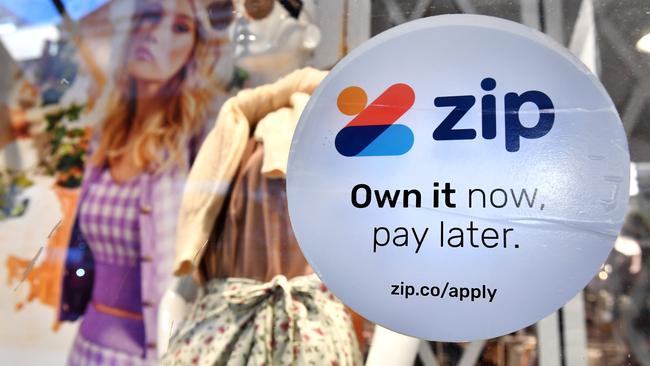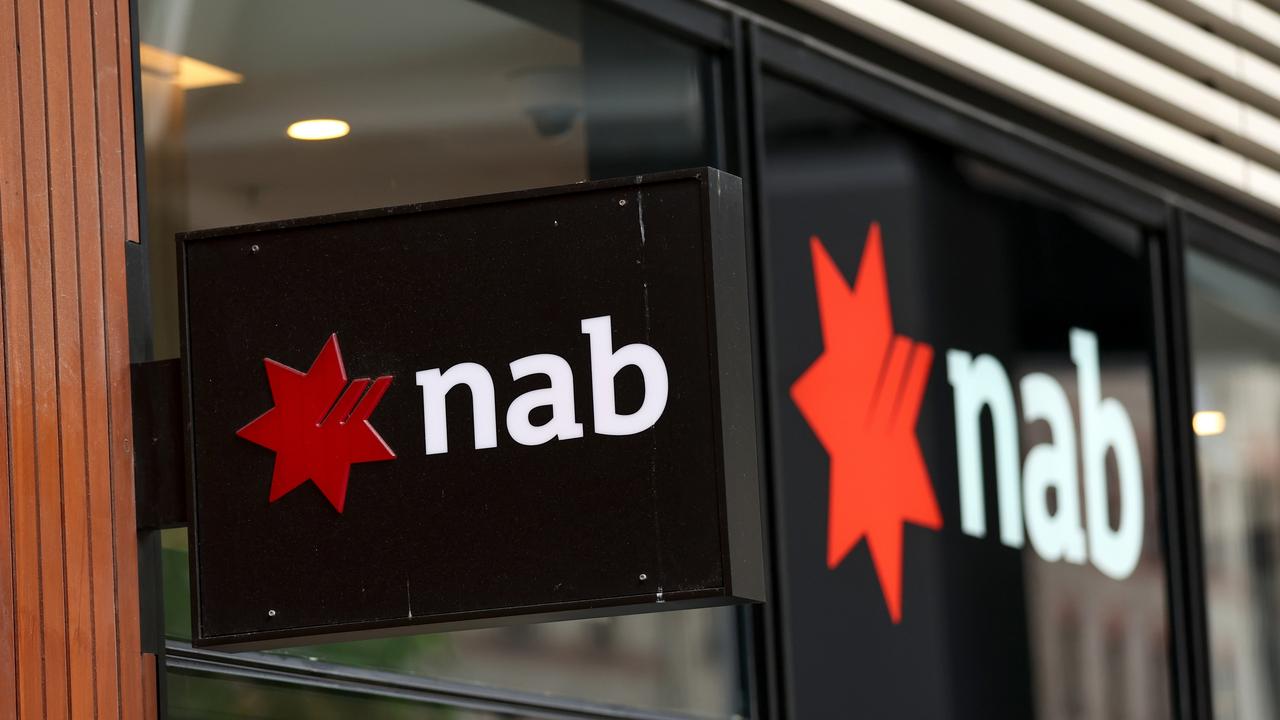
Almost a year ago, there was chatter that buy now, pay later provider Zip may be in the crosshairs of a suitor, as the company – once hanging in the balance – surprised on the upside with its turnaround.
But now, some wonder whether a more likely scenario is that the group offloads its US operation.
Zip on Tuesday announced co-founder Larry Diamond was exiting the business, stepping down as a director and its US chairman.
Zip has staged a turnaround and is now making $25.1m in annual profit from continuing operations, compared to a $366m loss in the previous corresponding year, after increasing margins, slashing costs by 20 per cent and exiting more than five markets such as the United Kingdom, Middle East and South Africa.
Its convertible notes have now gone.
It came unstuck after it used funds to expand internationally and, when it appeared to be at risk of a collapse, it retreated from non-core markets.
Zip’s share price has more than doubled since July to $3.40, taking its market value to $4.5bn. It has grown spectacularly since the start of the year when its share price was about 55c.
Helping the business has been the collapse of smaller competitors and the exit from the market by groups like Apple, Goldman Sachs and PayPal.
Its larger rivals are also charging more fees and taking a more rational approach to the business they are taking on.
Likely buyers are larger offshore competitors like Klarna.
Zip, run by former Barclays banker Cynthia Scott and chaired by Diane Smith-Gander, has about $875m of annual revenue.
Unified Capital Partners analyst Jonathon Higgins earlier this year said the US business had re-accelerated.
For the year to June, its cash earnings were up 420 per cent at $77.2m.
Data suggested that BNPL was the fastest growing form of payment in the US, up 30 per cent through cyber sales.
Mr Higgins said its turnaround had been far better than anyone had expected.
Zip’s share price topped out at almost $13 in 2021, but the rising interest rate environment hurt the company, which was forced to spend less funding expansion as the market rewarded companies with profitability.
It was subject to a merger with rival Sezzle in 2022, but the deal was called off.



